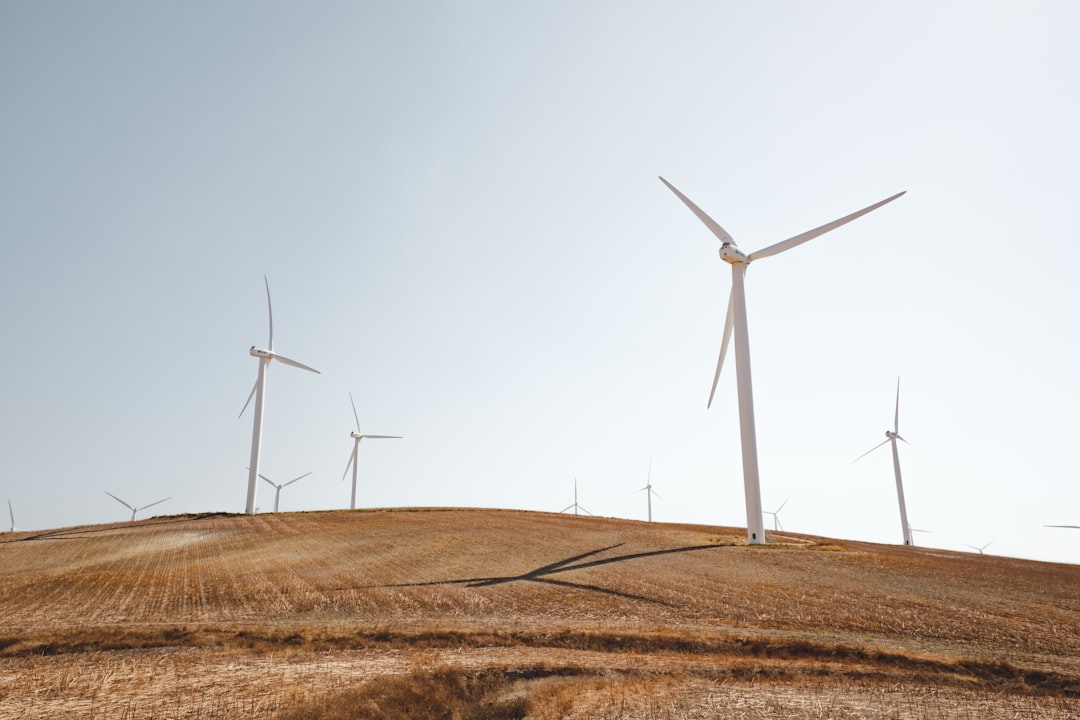Taiwan's Energy Crossroads: Protests, Departures, and the Future of Power
Economic Minister Faces Backlash as Taiwan's Nuclear Power Phase-Out Sparks Controversy

The future of energy in Taiwan is under scrutiny as protests erupt over the government's evolving policies. With the scheduled decommissioning of the Nuclear Power Plant Unit 3, setting the stage for a non-nuclear Taiwan, concerns are rising about the implications for the nation's power supply.
The Ministry of Economic Affairs has become a focal point for dissent, with numerous Taipower employees voicing their discontent. During a legislative questioning, Kuomintang (KMT) legislator 羅廷瑋 (Luo Tingwei) addressed the Minister of Economic Affairs, 郭智輝 (Kuo Chih-hui), regarding the protests. 郭智輝 (Kuo Chih-hui) acknowledged awareness of the demonstrations but expressed uncertainty regarding the specific demands. He also questioned the expertise and representativeness of the protesters, stating, "If they can't stand it, they can leave." 羅廷瑋 (Luo Tingwei) expressed worries about potential repercussions for the protesting employees.
The concerns surrounding the non-nuclear policy are compounded by the looming possibility of power shortages. Initiated by 楊家法 (Yang Chia-fa), a Taipower employee and the founder of the Climate Pioneer Alliance, the "Grass Green T Action" surrounded the Ministry of Economic Affairs on Labor Day, challenging the ruling party's energy policies. Demonstrators expressed their disapproval of using taxpayer funds to offset Taipower's significant losses, advocating instead for policies that favor nuclear power alongside green energy. The gathering saw the participation of over a hundred Taipower employees and supporters of "nuclear-powered green energy."
Other Versions
Taiwan's Energy Crossroads: Protestas, salidas y el futuro de la energía
Le carrefour énergétique de Taïwan : Protestations, départs et avenir de l'énergie
Persimpangan Energi Taiwan: Protes, Kepergian, dan Masa Depan Kekuasaan
Il bivio energetico di Taiwan: Proteste, partenze e futuro dell'alimentazione
台湾のエネルギー岐路:抗議、離脱、そして電力の未来
대만의 에너지 교차로: 시위, 탈당, 그리고 권력의 미래
Krusyal na Enerhiya ng Taiwan: Mga Protesta, Paglisan, at Hinaharap ng Kapangyarihan
Тайвань на энергетическом перекрестке: Протесты, отъезды и будущее власти
ทางแยกด้านพลังงานของไต้หวัน: การประท้วง, การจากไป, และอนาคตของพลังงาน
Ngã ba đường năng lượng của Đài Loan: Biểu tình, Ra đi, và Tương lai Điện lực

